7 Groceries Suddenly Harder to Afford as Economy Roils
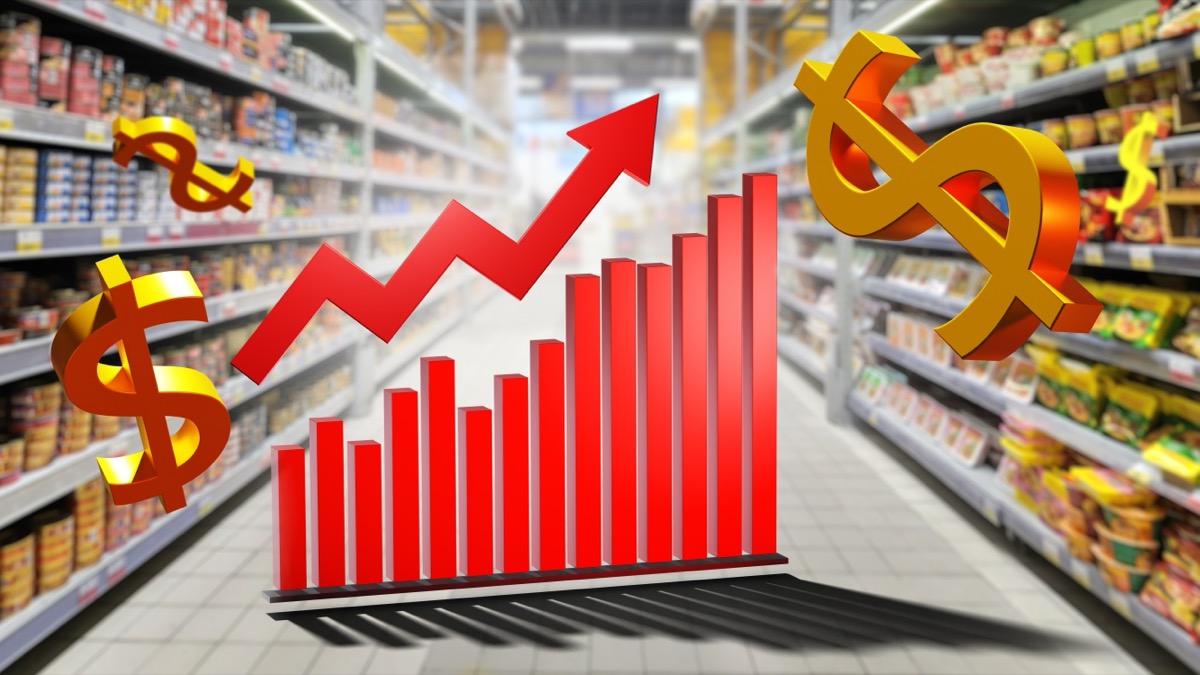
According to recent data, the US economy shrank in the first quarter of 2025, down by over 2% from the last quarter of 2024. It hasn’t been long since President Donald Trump’s tariffs went into effect, but already, everyday items, including grocery store staples, have become more expensive. Here are 7 groceries suddenly harder to afford as the economy shrinks.
Imported Packaged Snacks from Temu

On April 16, Temu announced price hikes due to tariffs. Due to recent changes in global trade rules and tariffs, they explained that a surge in operating expenses would lead to price increases. “To keep offering the products you love without compromising on quality, we will be making price adjustments starting April 25, 2025,” they said. USA Today reviewed the prices of dozens of items and found that some were over 100% higher than before.
Asian Instant Noodles and Meal Kits
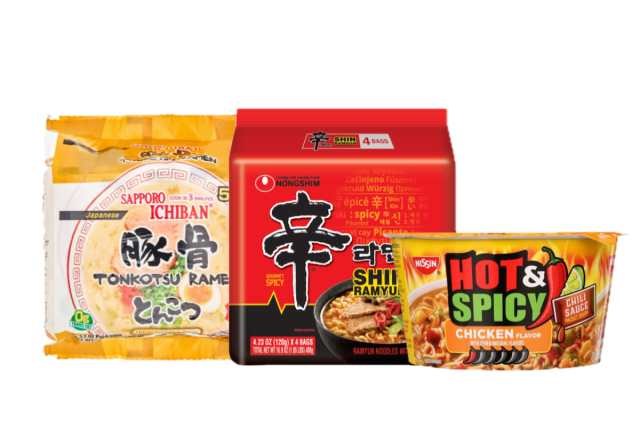
Asian noodles, including Ramen packages and other instant noodle offerings, are suddenly more expensive than ever. Previously shipped under the de minimis exemption, they are now subject to full import duties.
Specialty Seasonings and Spice Mixes
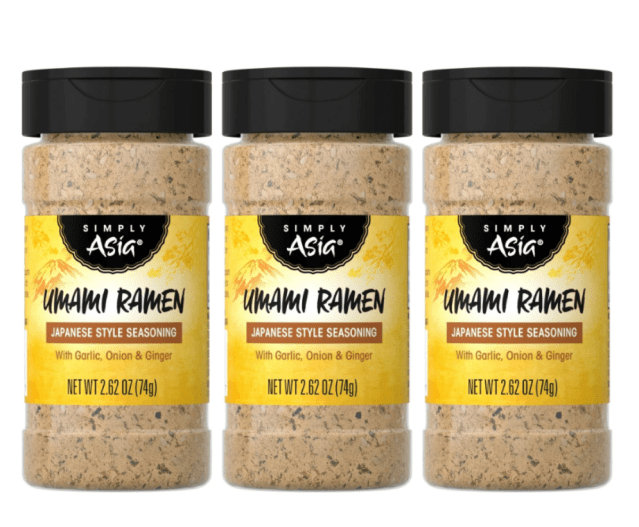
Popular spice blends and seasoning packets, especially those from China, now face steep tariffs at entry. As prices surge, suppliers will likely seek alternatives from other countries, such as India, Peru, and Egypt.
Coffee and Tea
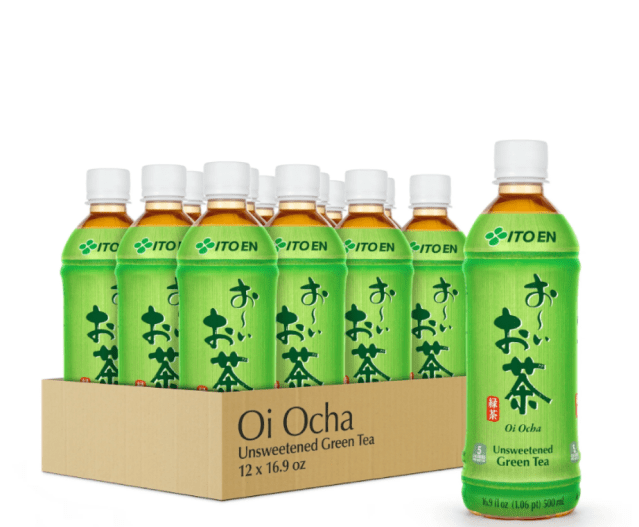
Tea, especially green tea, is a popular Asian import, while coffee beans also come from all over the world. “We cannot grow them in the U.S.,” A.J. Prestogeorge, operations manager at Prestogeorge Coffee & Tea told the Pittsburgh Post-Gazette. “We are watching the news, talking to our vendors in other countries and seeing how it’s all going to shake out,” he continued. “As far as tariffs from China go, China is a huge tea exporting nation,” he added. “China teas are very, very popular — both black and green teas. We carry many of them and we expect in the coming months these prices will be inflated.”
H Mart and Other Asian Grocery Store Items
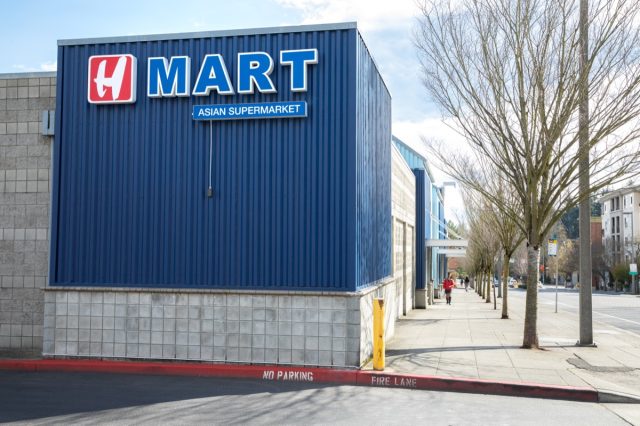
Since Asia is being hit particularly hard by the tariffs, H Mart and other Asian specialty grocery stores are being forced to hike up prices. According to the AP, store owners are confident customers won’t blame them when their favorite products, like imported rice, sauces, and spices, get more expensive.
Mango, Coconut, and Avocado Products
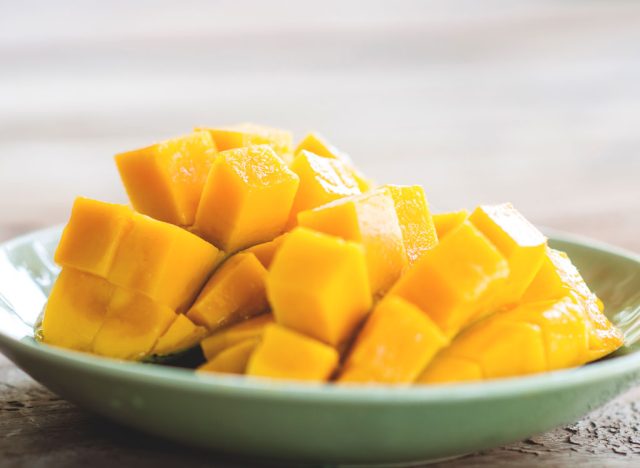
Mango, avocado, and coconut products are also soaring in price. All three produce items are challenging to grow domestically, as they require warmer, year-round weather. Mango and avocado are generally imported from Mexico, while coconuts typically come from Asia.
Dollar Store Foods Relying on Chinese Imports

Dollar Tree, which relies heavily on imports, was one step ahead of the game. The chain raised prices from $1.25 to $1.50 in March, angering customers. However, according to the brand, it has been winning over higher-income shoppers, seeing “value-seeking behavior across all income groups.”